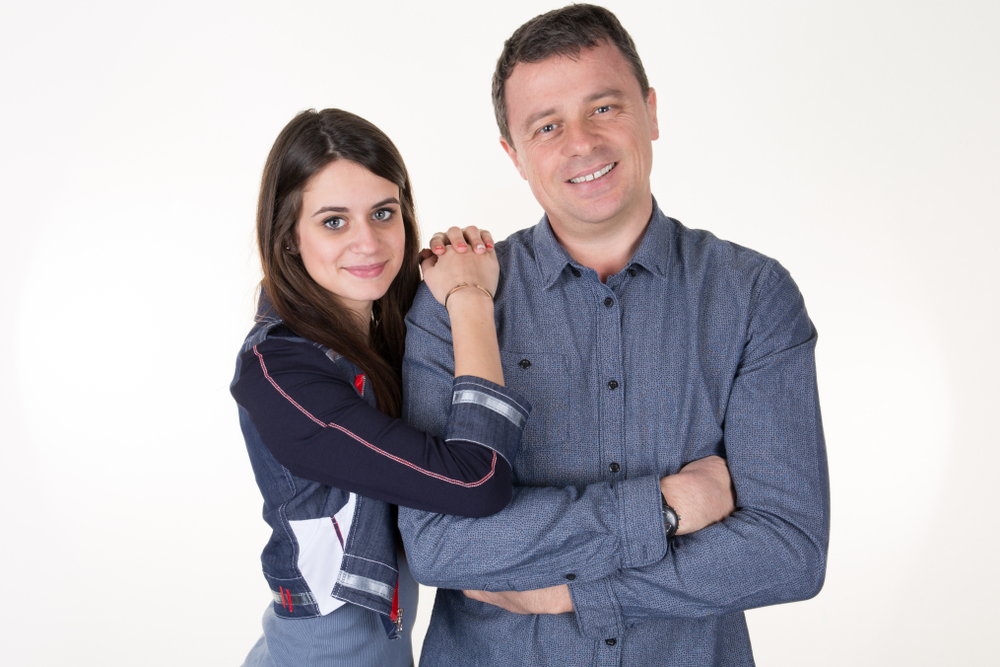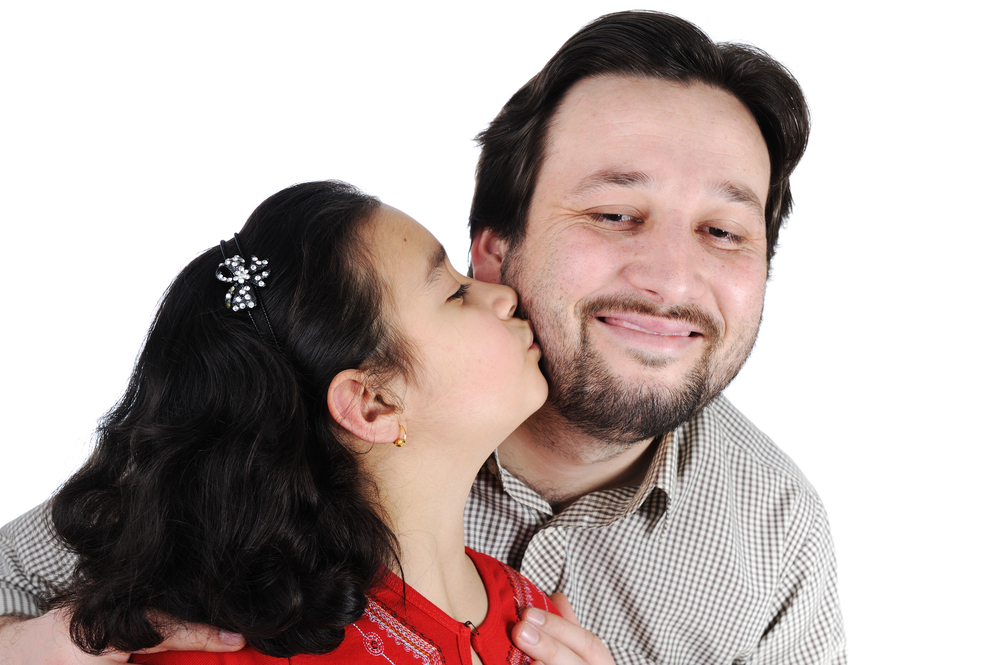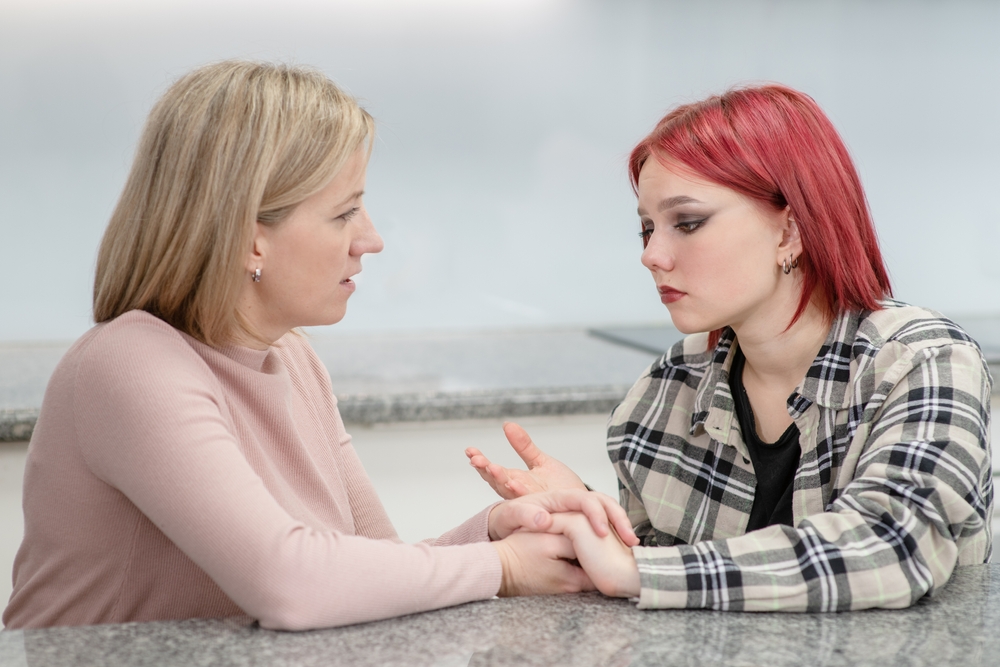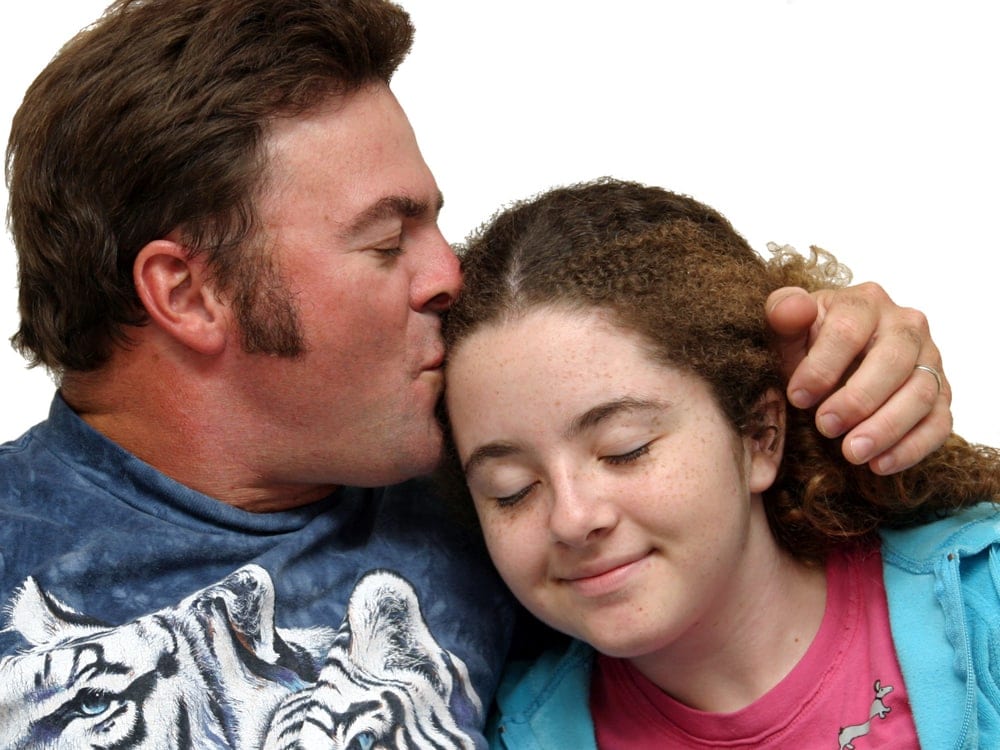I’m the good parent in our home. The one the kids actually listen to. At least that’s the case with our teenage daughter Sarah.
Take, for example, what happens when my dear wife asks Sarah, our daughter, to do—why anything at all. The girl is liable to react by balking, sulking, yelling epithets and slamming doors, often all at one and the same time. When, however, I ask Sarah to do exactly the same thing—nay TELL her to do those things—we get not a peep out of her. Not a protest, not even a sigh at being forced to leave IG or TikTok for the duration of the chore she must complete.
My wife and I have discussed this at length. Sometimes I think the reason Sarah puts up more of a fuss with her mother is because she asks Sarah instead of telling her to do whatever it is that needs doing. She’s too polite, and at times even meek, so afraid is she of Sarah’s reaction to a perfectly reasonable request. “Request” being the operative word. In other words, my wife is projecting fear, and the natural response of Sarah is to exploit what she perceives as my wife’s insecurity.

If she would just lay down the law, my wife. “Put away the groceries” instead of, “Oh Sarah, would you mind putting away the groceries, please?”
I really think that’s the difference. There’s no fear in a statement of fact, stated with self-assurance. Put to Sarah like that, our daughter, like Nike, would just do it. From my perspective, it’s just how I roll. Tell, don’t ask. And since it always seems to do the trick, it tends to make me look good—the good parent—and my ineffectual wife—the bad parent.
Look, asking a kid to do anything is an invitation to protest. After all, it’s the nature of teens to rebel and create conflict with their parents. By asking instead of telling her to do tasks, my wife is giving Sarah a license to protest, an opportunity no teen can resist.
My wife disagrees with the good parent/bad parent theory. From her perspective, “ask, don’t tell,” as a manner of speaking, is about being polite. That’s why my wife is so shocked when met with defiance. In her mind, she’s only being polite. That’s why it’s so much worse for her when Sarah responds to her courtesy with rudeness. My wife, in her desire to model courtesy, is certainly being a good parent. So why is she seen as the bad one? Because our daughter sees Sarah’s courtesy as fear. And in a teenager’s rebellious mind, fear must be exploited.

Good Parent/Bad Parent
Carey (why yes my wife does have a name) suggests that the difference in Sarah’s response to each of her two parents has to do with our personalities. For some reason, people just want to say no to her and yes to me. Much as I’d like to accept the compliment, I’d also like to think that my beautiful, brave, and courageous wife Carey, is also a likable person in general and in particular—else why would I have married her in the first place?? Love me, love my, um, wife.
Sarah isn’t our only child. Our son Robbie is still at that youthful stage of idolizing the both of us. He thinks we’re both perfect. His rebellious teens are still far away. But I predict that Carey will fare far better with Robbie than with Sarah, and I suspect gender plays a part in this.
I mean, we all know about the Oedipus and Electra Complexes in which there is just a natural rivalry going on with the same-sexed parent: a sense that both compete for the ultimate love of the opposite sexed parent/spouse. Like I said, Robbie is too young to test that theory. We have a good several years before he morphs into a pimply teenager. But I really think that’s what’s going on here: Sarah is just going to be this way: it’s innate, this issue of coming to conflict with her mother.

Whatever the reason, we do know that with Sarah and her mother, there’s going to be conflict. That’s our current reality. So at least for the meantime, I’m it when it comes to laying down the law on things we need Sarah to do.
I’m okay with that. And hey, who knows—Carey may need to do this for me with Robbie, somewhere down the line.
Getting Teens to Listen–Some Tips
Just in case it’s really about me, I mean my personality or parenting style, as opposed to the opposite gender thing, I thought I’d give over some of my best tips for talking to and with teens so they’ll really listen. Here goes nothing from the good parent, i.e.; me:
1) Don’t ask, tell. Asking for chores to be done leaves an opening for protest. Just not smart. If it goes against your nature to be giving orders in a non-threatening manner, practice when no one is around to hear, until you get your tone down pat.
2) Watch and listen to how others do it. Do you know an adult who manages to have effective contact with teens? Find opportunities to watch this pro in action. Go home and write down your observations. Review your notes before any important discussion with your teen.
3) Keep it light and casual. You don’t want to sound all polite and whimpery. Nor do you want to come down the heavy. Make like it’s no big deal. It’s what it is, no more and no less. Keeping your perspective intact will help your teen focus on what her perspective should be in relation to the task at hand.
4) Always listen when they talk. Sometimes kids need to ramble on about stuff. Just listen. Even if they’re not saying anything that sounds particularly important and you’re busy or in a hurry to go somewhere. When there is an appropriate moment for you to say something, ask an open-ended question that shows you’re really listening and that you really care. For instance, “So Shelly wanted to see that action film but you don’t like action films. What kind of films do you like? Which movie would you have liked to see, instead?”
5) The eye contact thing. Don’t hyperfocus on your child. Kids don’t like to feel like you’re examining them with a magnifying glass. As it is, they’re all self-conscious about looks and self-image. A good trick is to make talking to your child incidental by avoiding eye contact. For instance, you could be fixing a broken picture frame and looking at your work as you speak to your daughter. Or you could be taking a walk together, so you’re standing side by side, only “kinda sorta” looking at each other. It sounds crazy, but it’s my best trick for talking to and with teens.
The main thing with teens is to keep your cool as much as possible. Blowups will happen. It’s just the name of the game.

Be Her Rock
What a parent should always try to do is be there for a teen no matter what, through bad days and better days and all sorts of days in between. Try to be calm and be her rock. Even if she doesn’t know it, she needs you.
And you know what? She does know it. She just doesn’t know she knows it.
But someday she will.
